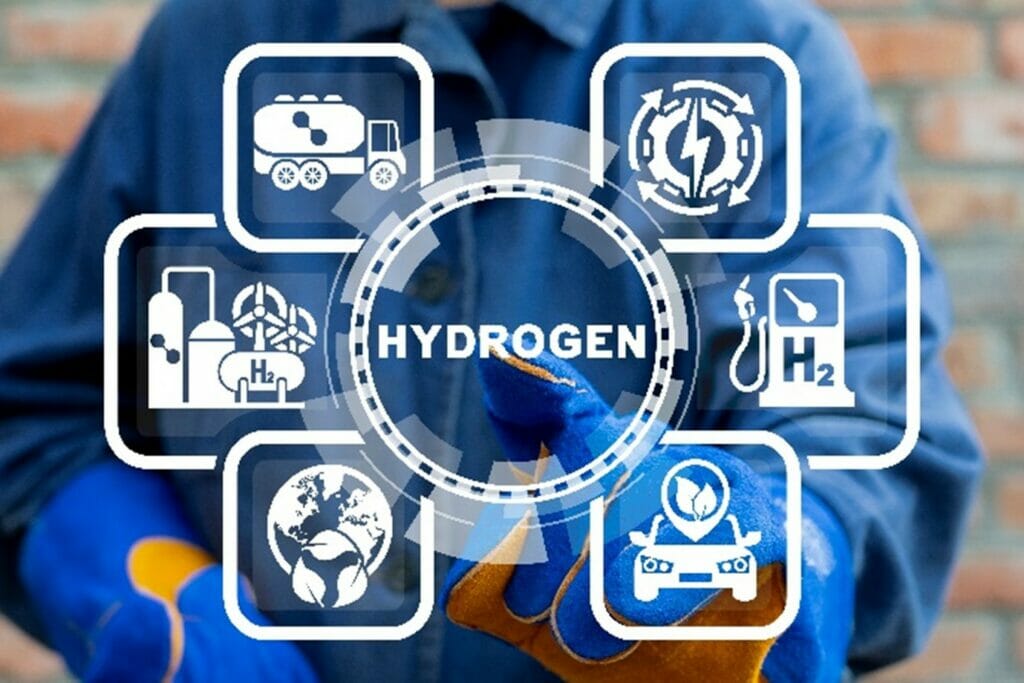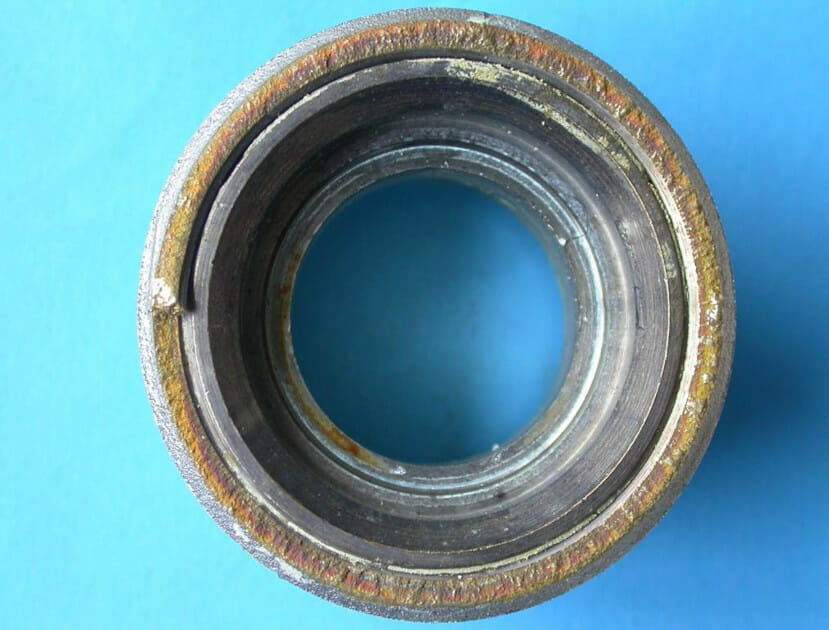Following completion of his degree in Metallurgy at the University of Birmingham, Neville worked as a Graduate Heat Treatment Engineer at Wallwork Heat Treatment. This focused his knowledge of working in hazardous environments. It was from the work undertaken at Wallwork that Neville gained an interest in failure investigations and decided to broaden his knowledge by undertaking a Master of Science degree in Forensic Engineering and Science at Cranfield University.
Following his Masters, Neville worked for Intertek Plc, running Rolls-Royce’s out-sourced Metallurgical Laboratory. This gave him exposure to materials science and general engineering of gas turbine engines and failure analysis. Intertek also undertook failure investigations from a wide range of third-parties. Through this work, he conducted over 100 metallurgical and failure investigations including:
- multi-million pound oil and gas industry losses
- medical devices and equipment
- railway rolling-stock and systems
- consumer products and patent infringement.
After Intertek, Neville moved to Goodrich Corporation as a Materials Engineer where he investigated failures, non-conformance and manufacturing issues on hydraulic and electric aerospace actuation systems.
Since joining Hawkins, Neville has specialised in the investigation of engineering failures and is currently working as a Principal Associate in our Birmingham office.






